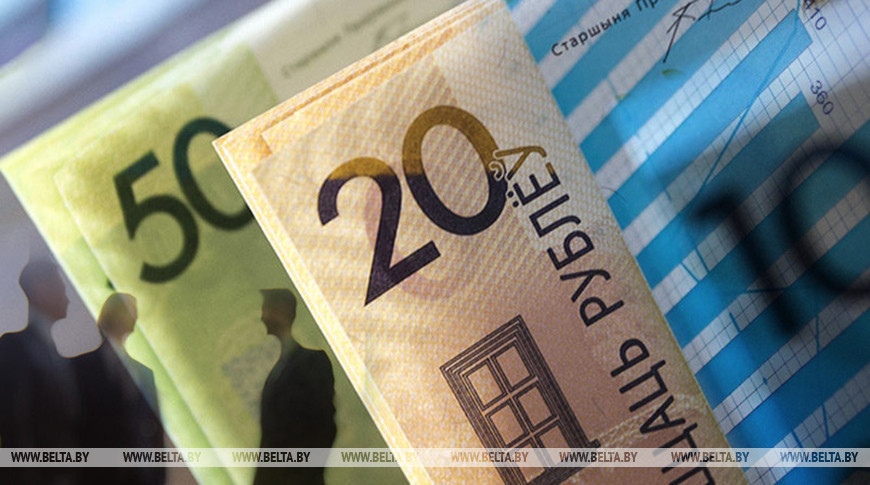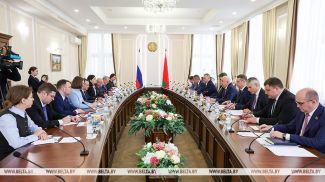
MINSK, 12 September (BelTA) – Chairman of the Board of Belarus’ National Bank Roman Golovchenko commented on the possible timeline for the introduction of the Belarusian digital ruble in an interview with the First News TV Channel, BelTA has learned.
“I hope that a law on the digital Belarusian ruble and its legal status will be adopted shortly. It is being developed solely on our national technological base. That is, the platform for the digital Belarusian ruble is being developed in our country. There are many technicalities – it is a rather complex system, after all. Constant testing of various elements is underway, and the teams are working very hard. Simultaneously, a regulatory base is being developed to set the rules for the circulation of the digital Belarusian ruble. I confirm that our obligations in this area that we have announced will be fulfilled next year,” Roman Golovchenko said.
He noted, however, that the pace of integrating the digital ruble into the economy is a separate issue. “In any case, we will be testing the system in a live mode, as they say. After lengthy discussions, we chose not to take on too much right from the start. Initially, the concept of the digital Belarusian ruble envisaged the possibility of its use by both legal entities and individuals. Probably, we will now make changes and move individuals to a slightly later stage after the functionality of the digital Belarusian ruble is tested in real time, primarily in the state budget,” the chairman of the NBRB noted.
“Countries that develop their national digital currencies carefully assess the risks of a possible outflow of funds from the traditional financial system to the digital one, including liquidity gap and other similar risks. I am sure this is not a threat to us. We have enough liquidity support tools to cover any temporary fluctuations. In my opinion, the national digital currency has a great future. I think this work will be duly appreciated as soon as we put it into circulation, bring it into a live mode, and show what it can provide not only for the state, for budget expenditures, but also for businesses, once they experience the benefits of smart contracts,” Roman Golovchenko concluded.













